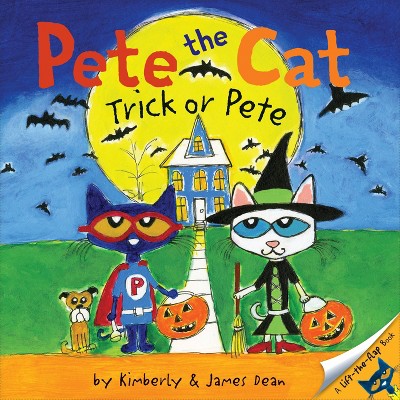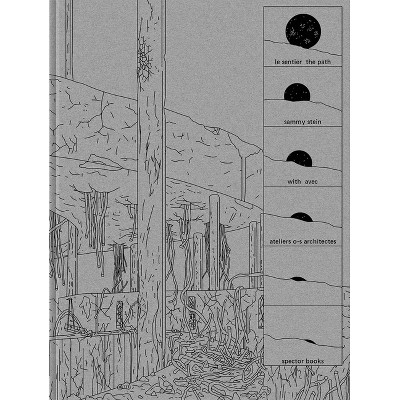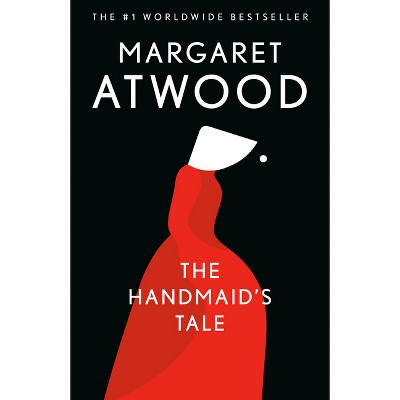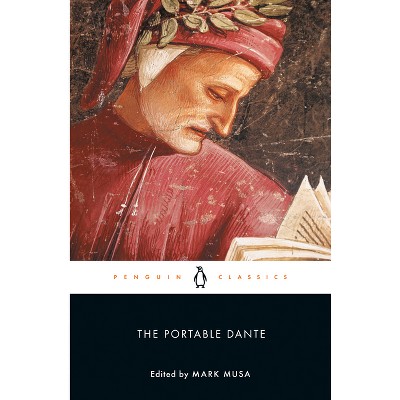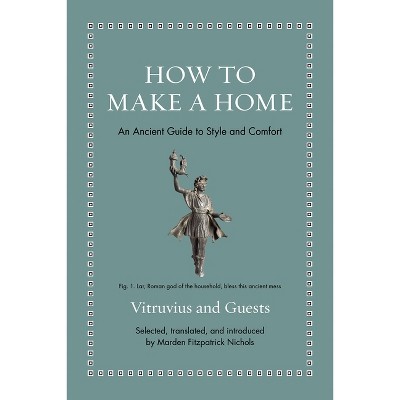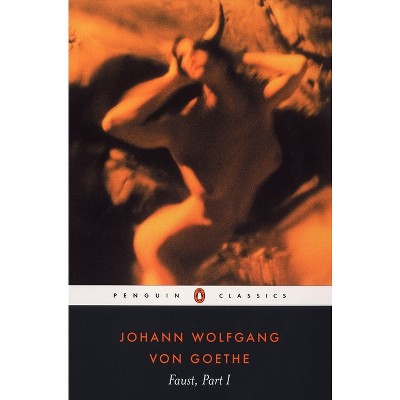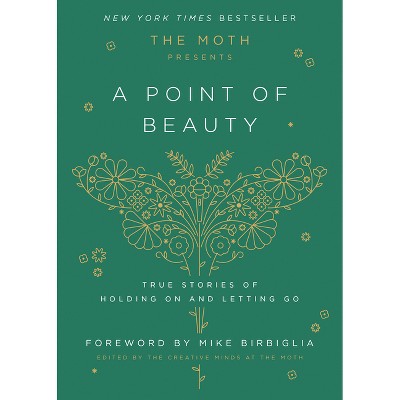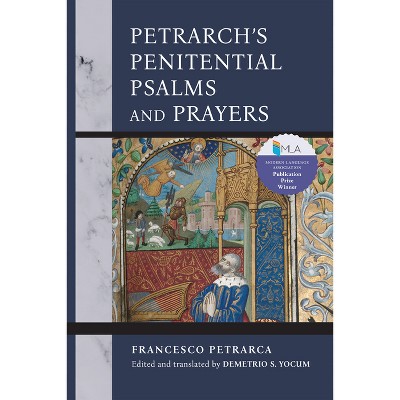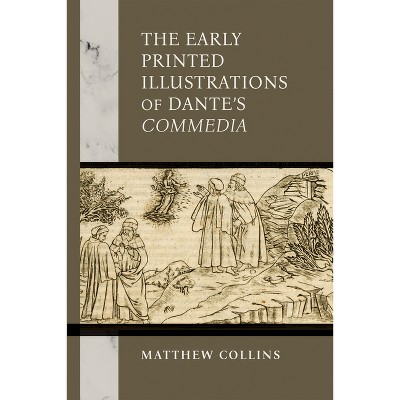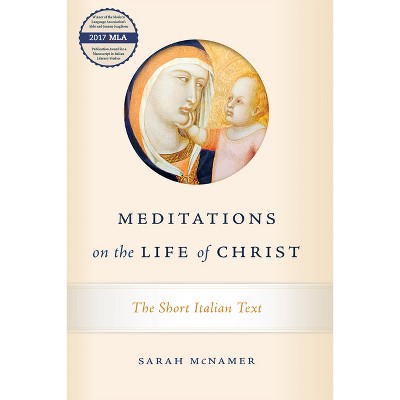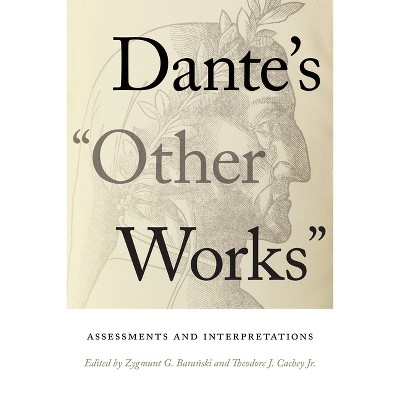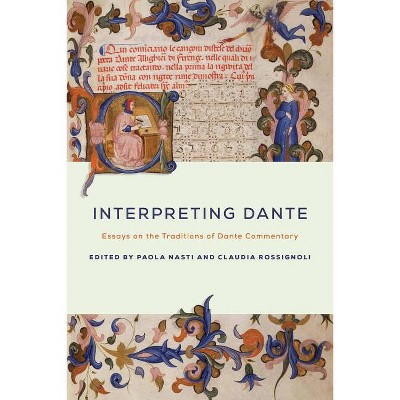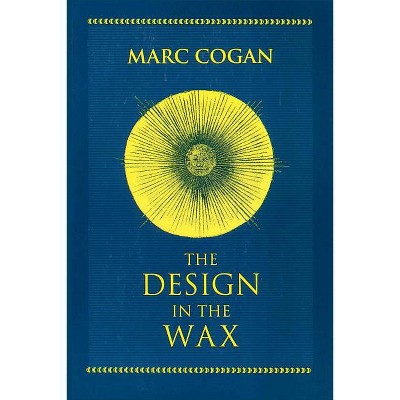Sponsored

Manuscript Poetics - (William and Katherine Devers Dante and Medieval Italian Literature) by Francesco Marco Aresu
In Stock
Sponsored
About this item
Highlights
- Manuscript Poetics explores the interrelationship between the material features of textual artifacts and the literary aspects of the medieval Italian texts they preserve.This original study is both an investigation into the material foundations of literature and a reflection on notions of textuality, writing, and media in late medieval and early modern Italy.
- About the Author: Francesco Marco Aresu is an assistant professor of Italian and medieval studies at Wesleyan University.
- 528 Pages
- Literary Criticism, European
- Series Name: William and Katherine Devers Dante and Medieval Italian Literature
Description
Book Synopsis
Manuscript Poetics explores the interrelationship between the material features of textual artifacts and the literary aspects of the medieval Italian texts they preserve.
This original study is both an investigation into the material foundations of literature and a reflection on notions of textuality, writing, and media in late medieval and early modern Italy. Francesco Marco Aresu examines the book-objects of manuscripts and early printed editions, asking questions about the material conditions of production, circulation, and reception of literary works. He invites scholars to reconcile reading with seeing (and with touching) and to challenge contemporary presumptions about technological neutrality and the modes of interfacing and reading. Manuscript Poetics investigates the correspondences between textuality and materiality, content and medium, and visual-verbal messages and their physical support through readings of Dante Alighieri's Vita nova, Giovanni Boccaccio's Teseida, and Francesco Petrarca's canzoniere (Rerum vulgarium fragmenta). Aresu shows that Dante, Boccaccio, and Petrarca evaluated and deployed the tools of scribal culture to shape, signal, or layer meanings beyond those they conveyed in their written texts. Medieval texts, Aresu argues, are uniquely positioned to provide this perspective, and they are foundational to the theoretical understanding of new forms and materials in our media-saturated contemporary world.
Review Quotes
"By revising and juxtaposing the best scholarly work on these three fundamental texts for Italian literature, Aresu emerges as a compelling synthesizer and practitioner of literary theory and material philology, one whose work stands out as reference point for future studies . . . on this essential relationship between the text and its material production." --The Papers of the Bibliographical Society of America
"The book, in addition to offering a valuable and innovative contribution to studies on the Vita nova, the Teseida and the RVF, provides an interdisciplinary method that can also be applied in other fields of study of medieval Italian literature." --Heliotropia
"This insightful and richly detailed book . . . help[s] to bridge two existing approaches to medieval texts with respective emphases on materiality and on theory and interpretation." --Modern Language Review
"Manuscript Poetics functions both as a history of medieval manuscript culture and poetry, which will serve as an excellent introduction to and overview of the literary culture of the period for undergraduate students, and as a more focused study of specific texts and authors for specialists." --Rhiannon Daniels, author of Boccaccio and the Book
"Manuscript Poetics offers a new perspective on the relationship between textuality and materiality in fourteenth-century Italy and between different kinds of authorial poetics related to the materiality of books and their subsequent publics." --Laura Banella, author of La "Vita nuova" del Boccaccio
About the Author
Francesco Marco Aresu is an assistant professor of Italian and medieval studies at Wesleyan University.
Shipping details
Return details
Trending Paperback Books


